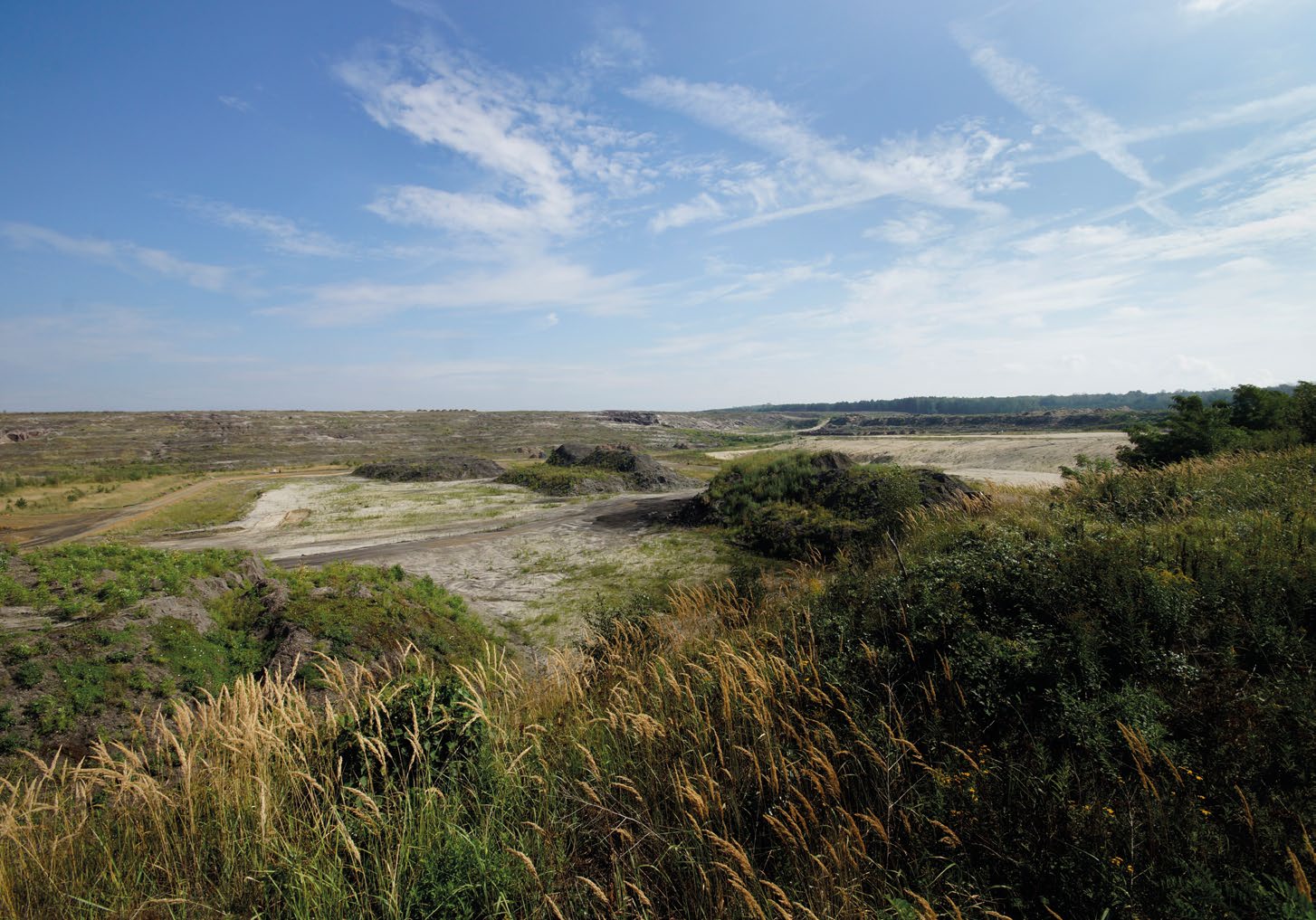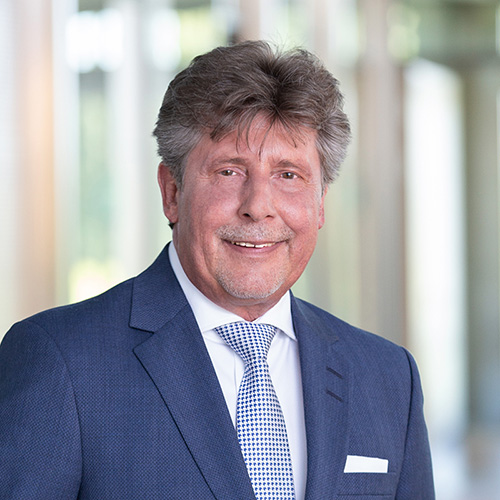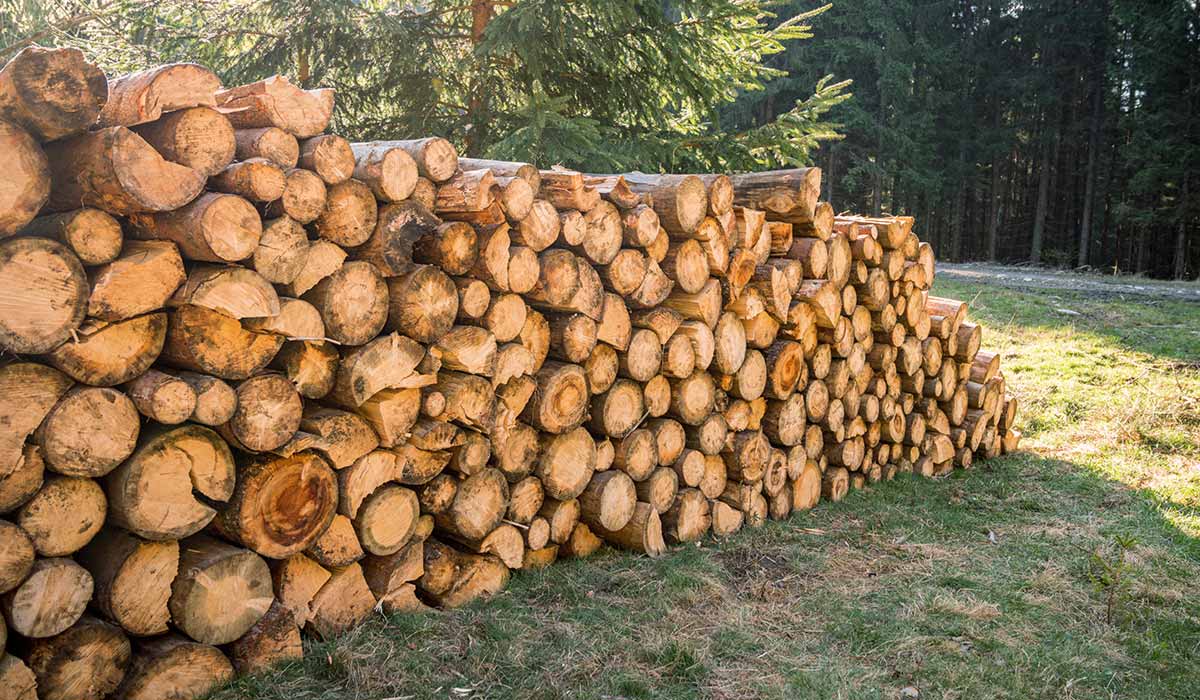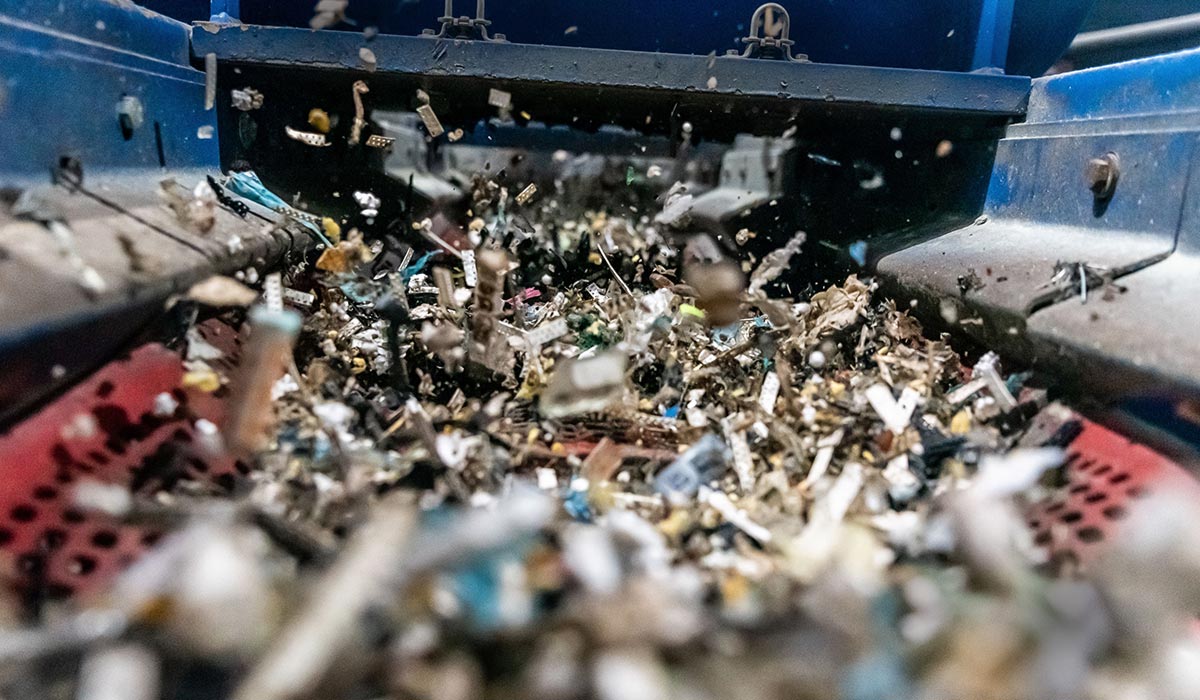
Waste containers made from plastic waste
Michael Wieczorek, Managing Director Lobbe Entsorgung West GmbH & Co KG,
in an interview:
"A credo for more circular and recycling economy".

The idea is not only charming, but also resource-saving: Lobbe is planning, together with a partner, to produce and use waste containers from plastic waste. A project that is currently in the test phase and has enormous potential. Michael Wieczorek, Managing Director of Lobbe Entsorgung West GmbH & Co KG, explains in an interview how the circular and recycling economy is doing in general.
What is the goal of the current project?
The aim is to produce waste containers from plastic waste. The material input for this consists of regrind from old, disused waste containers and granulates from LDPE film (LVP sorting fraction), both of which are produced by Lobbe. Lobbe, together with a partner, is now in the test phase; a first exhibit has already been produced and meets all technical requirements. The plan is to test these containers made from waste for waste in practice within the next few months in order to be able to close a de facto cycle ("closedloop"). This would not only save valuable and expensive raw materials; the production of these waste containers would also be less dependent on high crude oil prices for waste containers made of primary materials. In addition, the waste containers can be sealed with the "Blue Angel" quality label.
Where does the recycling of LVP stand?
If the word "circular economy" is really taken seriously, separating light packaging, sorting into plastic fractions and quota requirements alone are not enough. A high sorting rate does not guarantee a high recycling rate. The technical possibilities to produce recyclates from plastics are undoubtedly available. However, recyclates must also be given realistic market opportunities. This requires innovative companies that actually practise recycling management. On the one hand, the production of quality-assured recyclates must be guaranteed, and on the other hand, manufacturing companies must be prepared to produce at least a significant proportion of their products from recyclates.
What possibilities are there now to push the use of recycled materials?
Climate protection, reduction of CO2 emissions as well as the steadily increasing consumption of raw materials and the associated shortage of raw materials are the mega-topics of the present and at the same time the major challenges for the future. The circular economy can make a significant contribution to solving these problems; one could also say "climate protection through the circular economy". Within the framework of technically high-quality processing techniques, recovery processes of materials as well as efficient plants for material recycling, it is possible to reuse raw materials, such as for scrap metals and waste wood, or to recycle them and thus to lead them back into the economic cycle. This not only reduces raw material consumption and at the same time curbs scarcity, but also noticeably reduces the production of CO2 emissions during the extraction of primary raw materials. The same applies to the production of recycled plastics. These are not only significantly less CO2-intensive than primary plastics.
In quality-assured production, such as for FVH's type granulates, recycled materials are often more cost-effective than primary products. In this respect, it is now time for an image transformation from "inferior" to "resource-saving". The plastics processing industry and the circular economy sector are ready and able to undertake a large-scale transformation from a waste management economy to a circular economy by significantly pushing the use of recycled materials. What is still missing today is a circular economy strategy by politicians and the associated legislative steering functions. By anchoring incentives and clear requirements in legislative amendments, such as minimum shares of recycled materials in products and the preferential use of recycled materials in public procurement, a framework for action could be created that would lead to the circular and recycling economy becoming an important building block of future industrial and economic policy.

